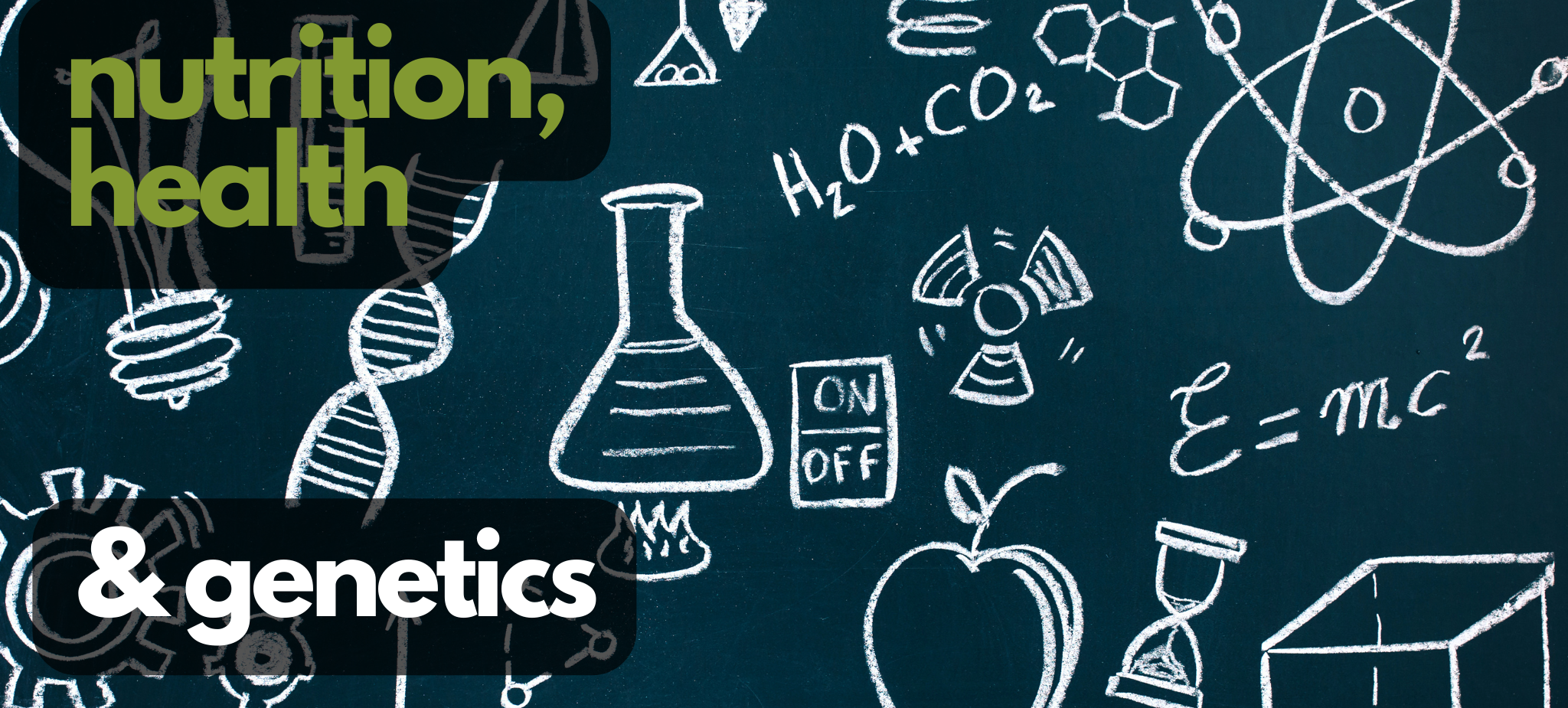Embark on a Personalized Wellness Journey: The Transformative Power of Nutrigenomics
Imagine delving into the intricacies of your genetic code to open up a roadmap for enhancing your well-being through precise nutritional choices. Welcome to the fascinating world of nutrigenomics!
Looking at your genetics with the help of a Nutritional Therapist specializing in nutrigenomics enables you to:
1. Understand how your body is designed to respond to various foods and nutrients;
2. Explore genetic variations that influence your health positively or present challenges, and learn how to maximize advantages and mitigate disadvantages.
3. Receive concrete guidance on the best foods, drinks, and supplements for your unique genetic makeup, as well as those to avoid.
4. Benefit from tailored lifestyle recommendations based on your genetic profile.
Nutrigenomics zeroes in on relevant gene variations that can be positively influenced through nutrition and lifestyle choices. In this practice, the focus is on actionable genes, addressing specific health areas tailored to the individual.
For instance, if neurological issues are a concern, attention may be directed toward genes related to the nervous system, methylation, and detoxification. Alternatively, for those dealing with weight, metabolism, and digestive challenges, our exploration might encompass genes governing digestive and energy-production processes, as well as those influencing the handling of key nutrients like vitamins A, K, D, and C.
Addressing negative genetic variations can be surprisingly straightforward. For example, individuals with a genetic variant hindering the conversion of beta carotenes into usable forms of vitamin A can mitigate this through dietary adjustments, such as incorporating liver, oily fish, and eggs. The approach involves fine-tuning your diet and supplementation to optimize the absorption and utilization of nutrients critical for eye and skin health, immune system support, and combating free radicals and inflammation.
Sometimes, we need to do additional functional testing to back up your nutrigenomics reports: once we know what your body needs more help with, we can then test to see whether you actually need that extra nutritional support, or whether you are already compensating well for your genetics. For instance, if you have genetic variants that compromise your methylation (an important process involved in nearly every biochemical reaction in the body) we can check whether you need extra help with certain forms of B vitamins by testing levels of a molecule in your blood called homocysteine.
Nutrigenomics is not about identifying single genes that predispose you to a particular disease. Nor will it tell you anything about your ancestry. Instead, it offers a profound exploration of how your body functions, empowering you to make truly personalized nutrition and health choices.
